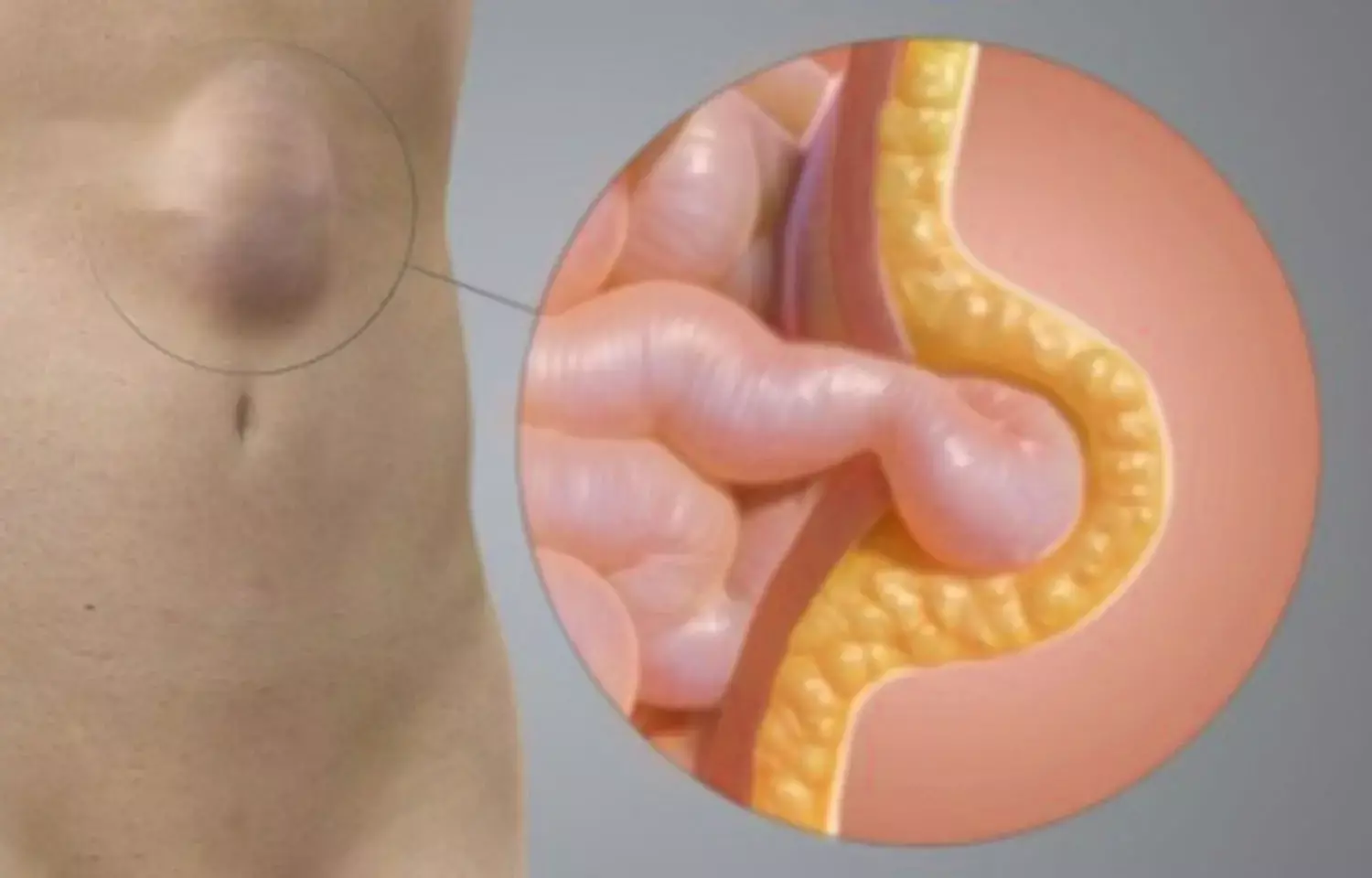- Home
- Medical news & Guidelines
- Anesthesiology
- Cardiology and CTVS
- Critical Care
- Dentistry
- Dermatology
- Diabetes and Endocrinology
- ENT
- Gastroenterology
- Medicine
- Nephrology
- Neurology
- Obstretics-Gynaecology
- Oncology
- Ophthalmology
- Orthopaedics
- Pediatrics-Neonatology
- Psychiatry
- Pulmonology
- Radiology
- Surgery
- Urology
- Laboratory Medicine
- Diet
- Nursing
- Paramedical
- Physiotherapy
- Health news
- Fact Check
- Bone Health Fact Check
- Brain Health Fact Check
- Cancer Related Fact Check
- Child Care Fact Check
- Dental and oral health fact check
- Diabetes and metabolic health fact check
- Diet and Nutrition Fact Check
- Eye and ENT Care Fact Check
- Fitness fact check
- Gut health fact check
- Heart health fact check
- Kidney health fact check
- Medical education fact check
- Men's health fact check
- Respiratory fact check
- Skin and hair care fact check
- Vaccine and Immunization fact check
- Women's health fact check
- AYUSH
- State News
- Andaman and Nicobar Islands
- Andhra Pradesh
- Arunachal Pradesh
- Assam
- Bihar
- Chandigarh
- Chattisgarh
- Dadra and Nagar Haveli
- Daman and Diu
- Delhi
- Goa
- Gujarat
- Haryana
- Himachal Pradesh
- Jammu & Kashmir
- Jharkhand
- Karnataka
- Kerala
- Ladakh
- Lakshadweep
- Madhya Pradesh
- Maharashtra
- Manipur
- Meghalaya
- Mizoram
- Nagaland
- Odisha
- Puducherry
- Punjab
- Rajasthan
- Sikkim
- Tamil Nadu
- Telangana
- Tripura
- Uttar Pradesh
- Uttrakhand
- West Bengal
- Medical Education
- Industry
Trans facial Suture Fixation not superior option for Retro muscular Ventral Hernia Repair

New research published in JAMA Surgery revealed that abandoning transfascial suture fixation for open retro muscular ventral hernia repair has similar outcomes to using the fixtures. The results of not using the fixture are not inferior to using them.
Transfascial (TF) mesh fixation is generally done in open retro muscular ventral hernia repair (RVHR) to reduce hernia recurrence. But these TF sutures may themselves aggravate pain. There is not much literature that supports the fixation to date. Hence researchers conducted prospective, registry-based, double-blinded, noninferiority, parallel-group, randomized clinical trials to determine whether abandonment of TF mesh fixation would result in a non-inferior hernia recurrence rate at 1 year compared with TF mesh fixation in open RVHR.
About 325 patients with a ventral hernia defect width of 20 cm or less with fascial closure were enrolled at a single center from November 29, 2019, to September 24, 2021, and Followed-up till December 18, 2022. Eligible patients were randomized to mesh fixation with percutaneous TF sutures or no mesh fixation with sham incisions. The primary outcome was to determine whether no TF suture fixation was non-inferior to TF suture fixation for open RVHR about recurrence at 1 year. A 10% noninferiority margin was set. Determining postoperative pain and quality of life were the secondary outcomes.
Findings:
- Of 325 adults, there were 185 women [56.9%] with a median age of 33 [IQR, 50-67] years with similar baseline characteristics.
- Out of them, 269 patients (82.8%) were followed up at 1 year.
- Median hernia width was similar in the TF fixation and no fixation groups.
- Similar results were found between the two groups regarding Hernia recurrence rates at 1 year (TF fixation, 12 of 162 [7.4%]; no fixation, 15 of 163 [9.2%]; P = .70).
- The recurrence-adjusted risk difference was found to be −0.02.
- No significant differences were found in immediate postoperative pain or quality of life.
Thus, the absence of TF suture fixation has no difference from the presence of it in open RVHR with synthetic mesh and can be safely abandoned.
Further reading: Ellis RC, Petro CC, Krpata DM, et al. Transfascial Fixation vs No Fixation for Open Retromuscular Ventral Hernia Repairs: A Randomized Clinical Trial. JAMA Surg. Published online June 21, 2023. doi:10.1001/jamasurg.2023.1786
BDS, MDS
Dr.Niharika Harsha B (BDS,MDS) completed her BDS from Govt Dental College, Hyderabad and MDS from Dr.NTR University of health sciences(Now Kaloji Rao University). She has 4 years of private dental practice and worked for 2 years as Consultant Oral Radiologist at a Dental Imaging Centre in Hyderabad. She worked as Research Assistant and scientific writer in the development of Oral Anti cancer screening device with her seniors. She has a deep intriguing wish in writing highly engaging, captivating and informative medical content for a wider audience. She can be contacted at editorial@medicaldialogues.in.
Dr Kamal Kant Kohli-MBBS, DTCD- a chest specialist with more than 30 years of practice and a flair for writing clinical articles, Dr Kamal Kant Kohli joined Medical Dialogues as a Chief Editor of Medical News. Besides writing articles, as an editor, he proofreads and verifies all the medical content published on Medical Dialogues including those coming from journals, studies,medical conferences,guidelines etc. Email: drkohli@medicaldialogues.in. Contact no. 011-43720751



